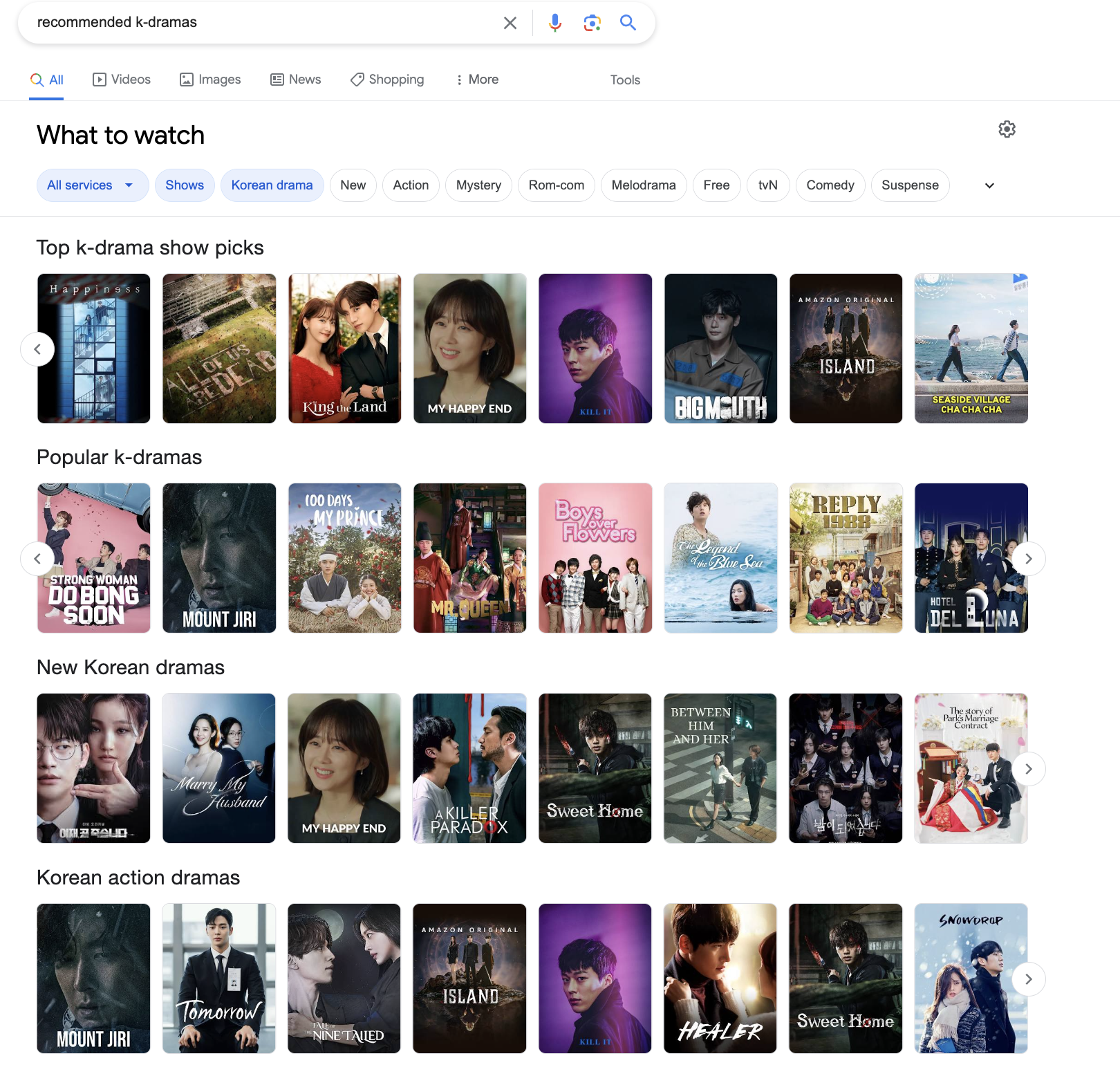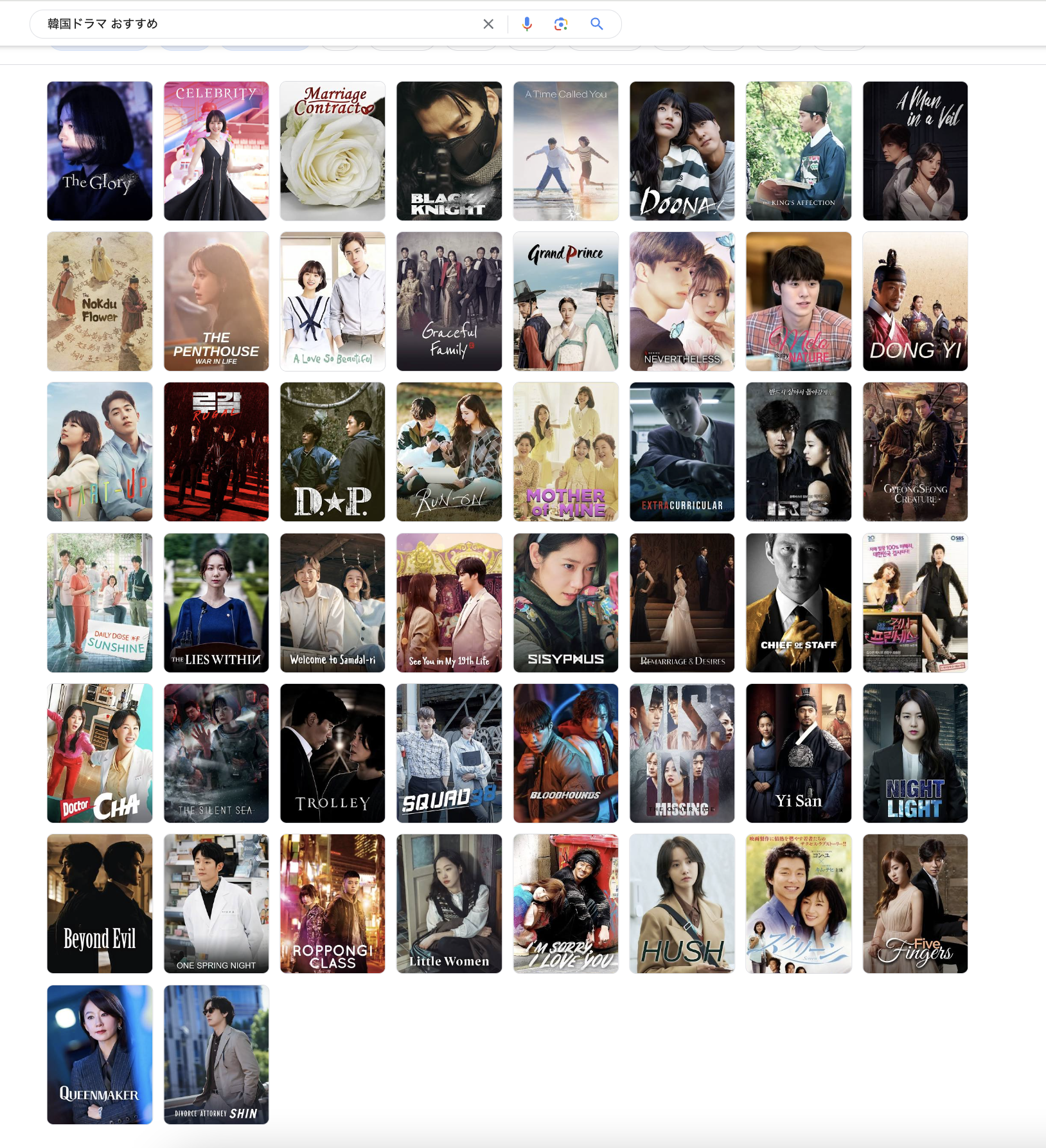The “Gateway Drama”: Boys Over Flowers (2009)
One of the strangest effects of the mainstreaming of Korean dramas in America over the past few years has been the rosy afterlife of the Korean adaptation of Boys Over Flowers (2009). Viewers who came to K-Dramas as they were mainstreamed on streaming sites like Netflix in America/the West more generally, not only remember Boys Over Flowers fondly but they also treat it as a prototypical Korean drama. As someone who was active in the drama-watching community online when Boys Over Flowers was airing, not only do I not consider it prototypical but I have anything but fond feelings for it.
Boys Over Flowers (2009) is ostensibly the Korean adaptation of 花より団子 (Hana Yori Dango), a Japanese manga written by Kamio Yoko. By the time the drama began airing in 2009, Hana Yori Dango had already had two extremely successful live action drama adaptations that had been popular all over Asia, first in 2001 with the Taiwanese Meteor Garden and then in 2005-2008 in Japan with Hana Yori Dango seasons one and two, followed by a film.
The original manga was serialized in Margaret magazine from 1992 to 2004 and tells the story of Makino Tsukushi, an ordinary middle class girl who earns first the attention and eventually the love and affection of the richest boy in school, Domyoji Tsukasa, by being true to herself. She suffers horrific bullying from her classmates and Domyoji’s mother but through it all she keeps her chin up and does the best she can. Her prize is the best boy, Domyoji; a victory of endurance and perseverance.
While the romantic trials and tribulations of Makino and Domyoji are the main plot of the series, the real secret to why it had such long lasting popularity is the Flower 4 or F4, Domyoji’s extremely handsome pack of elite friends. Domyoji is the leader, obviously, but then there’s his BFF stoic Hanazawa Rui and playboys Nishikado Sojiro and Mimasaka Akira. Rui, Sojiro, and Akira are all wonderful characters and their stories are just as engaging as the main romance plot.
(L-R: “Sojiro”, “Domyoji”, “Makino”, “Rui”, and “Akira”)
I first encountered Hana Yori Dango in its 2005 Japanese incarnation and before I started watching I was told in no uncertain terms to be careful of who I shipped Makino with because while initially Makino has a massive crush on Rui, she does not end up with him. It’s not quite a love triangle since Rui never really likes Makino back in that way but Makino herself spends some time torn between her tall, handsome “marble eyed prince” Rui and the curly haired and extremely loud and immature Domyouji. What keeps this dynamic from being frustrating is that it’s made pretty clear in the story—as well as in the Taiwanese and Japanese adaptations—that Makino and Rui have little in common and no romantic chemistry together.
I talked a bit about Meteor Garden in my episode on the rise of the early 2000s Taiwanese drama wave if you want details but the tl;dr is that the drama was so successful that the actors playing the F4 actually formed a real boy band called F4 (not to be confused with the Indian boy band F4) and toured around Asia! While I don’t think that Meteor Garden was necessarily a blockbuster drama in Korea, F4 at least were well known enough that F4’s Vanness Wu, who played “Akira,” was tapped to form a hunktastic pop duo with Kangta, formerly of S.M. Entertainment supergroup H.O.T., in 2006.
The Japanese version of the drama, Hana Yori Dango, was another cultural phenomenon. The cast became overnight stars and there are still rumors, almost 20 years later, that “Makino” (Inoue Mao) and “Domyoji” (Matsumoto Jun) are going to announce their engagement any day now… it’s like if the gossip rags were still trotting out rumors, in 2024, that Titanic stars Kate Winslet and Leonardo DiCaprio were still secretly in love. When the “F4” get together, it still makes headlines.
From 2005-2008 while the drama and film were airing, it even took Matsumoto’s group Arashi from mid-tier bubblegum boy band to national icons.
The Korean drama has a different legacy.
Again, I’m not sure if Hana Yori Dango was officially aired in Korea or not but the fact that Arashi performed four sold-out shows in Seoul in November 2008 indicates that there was at least some awareness of the Japanese drama. It was also around this time that the media began hyping up the unofficial “F4” of hot shot new idol talents--and I bet you can’t guess who the chosen hunks were:
TVXQ’s Jaejoong and Yuchun, BigBang’s T.O.P., and SS501’s Kim Hyun-Joong.
Kim Hyun-Joong had been announced as the “Rui” of the Korean drama back in June 2008, the first of the cast to be announced and the biggest name attached. In retrospect this should have been a red flag because Rui is not a leading role.
Boys Over Flowers aired from January through March 2009. I watched a couple of episodes because I’d loved Meteor Garden and (especially) Hana Yori Dango but had to stop after a couple of episodes because I couldn’t stand the acting. My drama-loving friend, who’d given me the warning about shipping in Hana Yori Dango all those years ago, powered through to the end of the series and would torture me with updates. Her theory was that scriptwriter Yoon Ji-Ryun hated “Domyouji” and wanted “Rui” and “Makino” to end up together and, honestly, I’m not going to argue with her because I’ve seen enough clips that support her theory.
But that’s all petty nonsense compared to the real tragedy of Boys Over Flowers: the suicide of actress Jang Ja-Yeon on March 7, 2009. Her suicide note dropped a bomb on the entire entertainment industry, accusing her manager of essentially pimping her out to sleep with various executives and other important men. Jang Ja-Yeon only had a minor role in the series (which was still airing when she passed) but her story was so tragic and the public outcry so huge that it (rightfully) has overshadowed whatever legacy the Korean drama might have otherwise had. At least in Asia.
(There’s also the complicated legal problems of the Korean “Rui” Kim Hyun-Joong who was accused of domestic abuse which he admitted to (?) and sexual assault which he was cleared of (?).)
Lee Min-Ho, the “Domyoji,” character assassination from the scriptwriter aside, has done just fine for himself but he’s the only one. While there was a small wave of popularity immediately following the airing of the drama, it fizzled out very quickly and once Jang Geun-Suk entered the scene with You’re Beautiful, Boys Over Flowers was quickly forgotten. Korea did not have a lasting F4 boom. SS501 very much did not become the national darlings (they’ve also been completely expunged from the K-Pop narrative in English). If not for the fact that Boys Over Flowers was one of the first Korean dramas made available with English subtitles on mainstream streaming platforms like Netflix, we would not be talking about it today.
Boys Over Flowers was recommended in the New York Times (“strangely addictive”) in both 2017 and 2018. Vogue India goes a step a further with "[w]idely considered as one of the best Korean dramas of all time”, in 2020 while Elle called it a “classic”. Teen Vogue called it a “gateway drama” in 2023 on a list of K-drama recommendations, which is its actual legacy: being one of the first K-dramas that a certain primarily female cohort of Anglosphere viewers encountered.
Over in Japan, meanwhile, Boys Over Flowers is conspicuously absent from a list of 30 recommended K-dramas in TV Life from this year as well as from a fan voted list of “gateway” K-dramas. Korean Vogue isn’t recommending it on Netflix; numerous lists I looked at in Korean from ratings to just personal faves… none of the top results included Boys Over Flowers.
(Popular/recommended K-drams according to Google when asked in English (L) and Japanese (R))
Putting aside the tragic end of Jang Ja-Yeon and the huge public outcry at her death, the actual legacy of Boys Over Flowers in Korea is as the “gateway” to fluffy dramas starring boy band hunks. Much better dramas, like You’re Beautiful (which starred F.T. Island members and that I actually would recommend.)
So what’s my point here? Just to keep in mind that what is fed to you by English language outlets as “widely considered the best” or “a classic” isn’t necessarily true or accurate. Boys Over Flowers is a hot mess of a drama and one forgotten by almost everyone… except the westerners who found it on Netflix and for some reason now consider it a classic despite it not being all that good.



